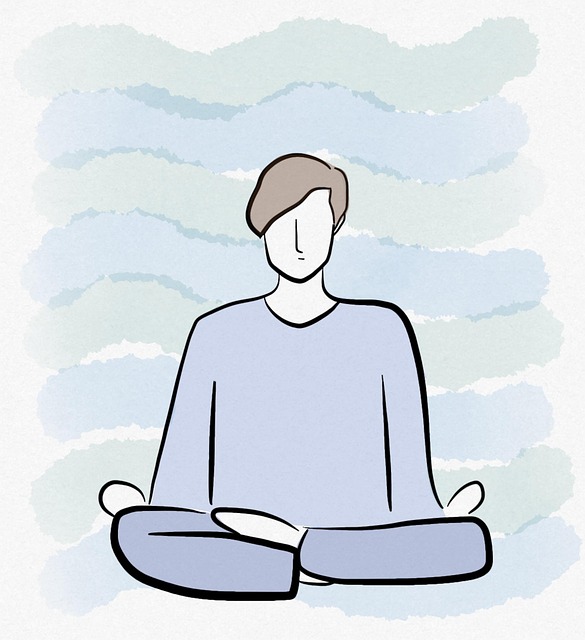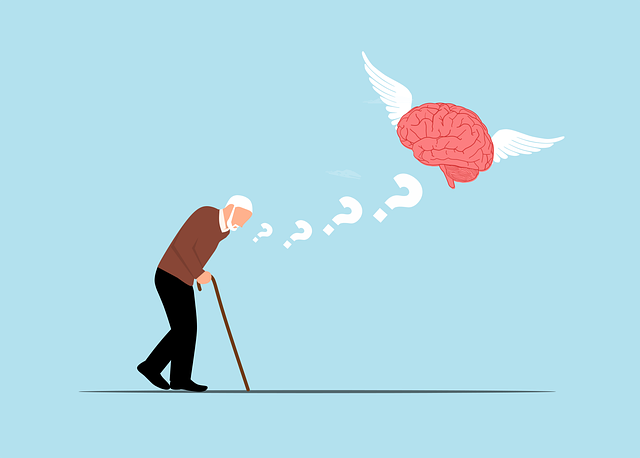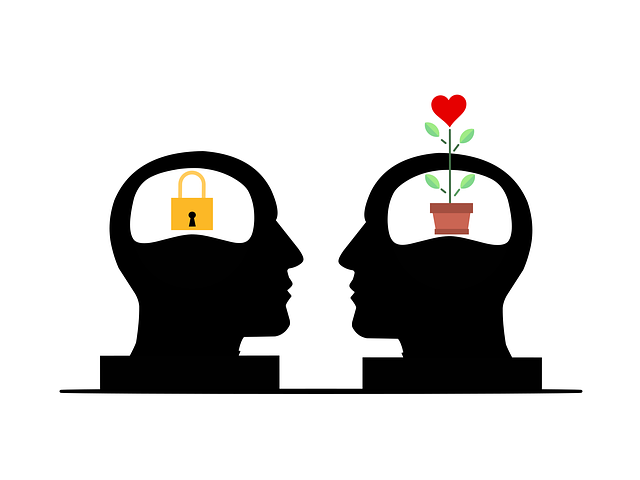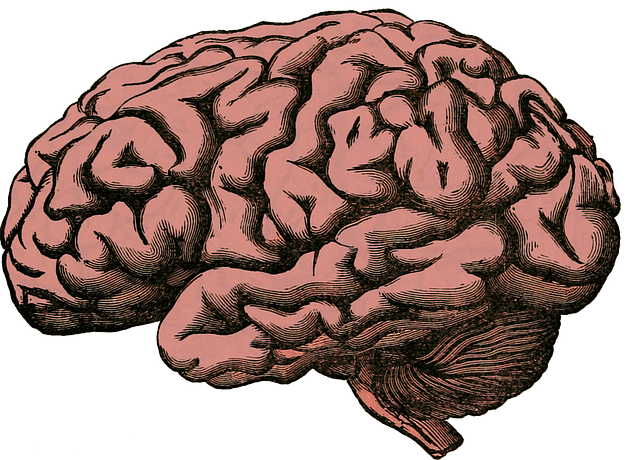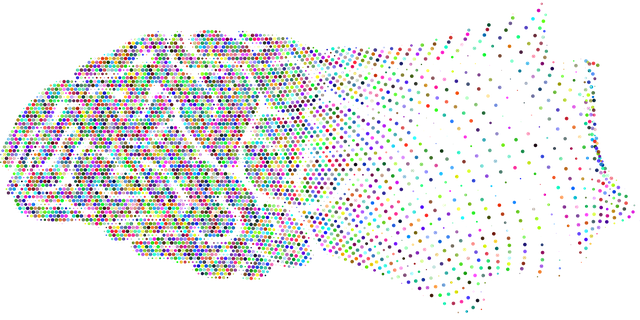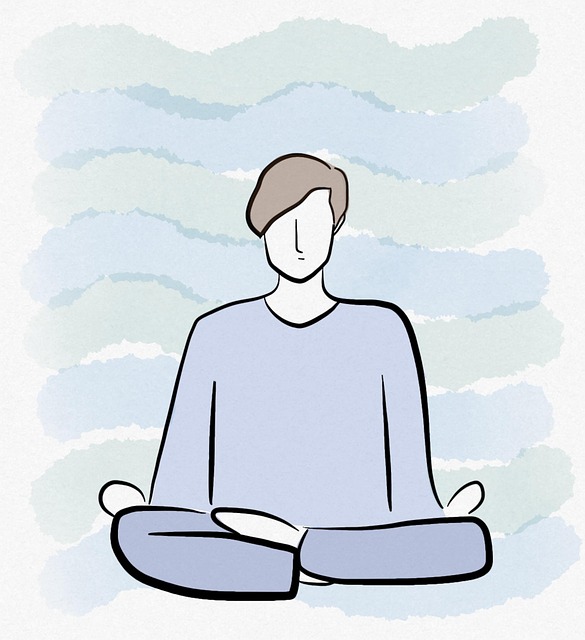Castle Rock Chronic Pain Therapy leads in culturally sensitive mental healthcare, prioritizing staff training in cultural competence to address diverse patient needs. By adapting therapeutic techniques and communication styles, they create inclusive environments fostering open dialogue and positive thinking. Public awareness campaigns and advocacy for progressive mental health policies further reduce stigma and encourage help-seeking from all backgrounds. This holistic approach positions Castle Rock Chronic Pain Therapy as a pioneer in comprehensive, culturally sensitive chronic pain management.
In today’s diverse society, cultural sensitivity in mental healthcare is paramount. The article explores the intricate dynamics of providing effective treatment within a multicultural context, focusing on strategies employed by Castle Rock Chronic Pain Therapy. We delve into the understanding of cultural diversity, identifying challenges and barriers in cross-cultural therapy, and presenting practical solutions that enhance patient care and outcomes. By examining these aspects, mental health professionals can ensure culturally sensitive practices that honor diverse backgrounds and foster healing.
- Understanding Cultural Diversity in Mental Healthcare
- Challenges and Barriers in Cross-Cultural Therapy
- Strategies for Culturally Sensitive Practice at Castle Rock Chronic Pain Therapy
Understanding Cultural Diversity in Mental Healthcare

In today’s diverse society, mental healthcare professionals must be equipped to understand and navigate cultural sensitivities in order to provide effective treatment. Cultural diversity encompasses a wide range of factors, including ethnicity, religion, language, and socio-economic status, all of which can influence an individual’s experiences with mental health issues and their approach to treatment. At Castle Rock Chronic Pain Therapy, we recognize that one-size-fits-all methods often fail to address the unique needs of our diverse clientele. Therefore, we prioritize Cultural Competence Training for our staff, ensuring they are equipped to deliver care that respects and embraces individual cultural backgrounds.
The integration of cultural sensitivity in mental healthcare involves not just awareness but also a thoughtful and intentional approach. This includes adapting therapeutic techniques, communication styles, and treatment plans to align with clients’ cultural beliefs and practices. By incorporating Mental Health Education Programs Design tailored to diverse populations, we foster an environment where positive thinking and open dialogue thrive. Moreover, Public Awareness Campaigns Development plays a crucial role in promoting understanding and reducing stigma, ultimately encouraging individuals from all backgrounds to seek the help they need without barriers.
Challenges and Barriers in Cross-Cultural Therapy

Navigating cross-cultural therapy can pose unique challenges and barriers for both Castle Rock Chronic Pain Therapy practitioners and clients. With diverse cultural backgrounds and beliefs, miscommunication and misunderstandings can easily arise, hindering effective treatment. For instance, differing views on health, illness, and healing practices may create a rift between the healthcare provider and patient, affecting the overall therapeutic process.
Cultural competency training for healthcare providers is crucial to overcoming these barriers. Such programs equip professionals with the knowledge and skills to understand cultural nuances, adapt their practice accordingly, and foster inclusive environments. This enables them to offer tailored interventions for anxiety relief and resilience building, addressing not just the symptoms but also the underlying cultural influences that might contribute to an individual’s mental health struggles.
Strategies for Culturally Sensitive Practice at Castle Rock Chronic Pain Therapy

At Castle Rock Chronic Pain Therapy, we recognize that providing culturally sensitive care is paramount in addressing the unique needs of diverse patient populations. Our strategies are tailored to foster an inclusive environment, ensuring every individual feels heard and respected. By integrating compassion cultivation practices into our therapy sessions, therapists create a safe space for patients to express their cultural identities and share personal experiences without fear of judgment. This approach encourages open dialogue and allows us to tailor treatment plans that consider the patient’s background, beliefs, and preferences.
We believe in empowering individuals through education about mental health policy analysis and advocacy. By raising awareness about cultural sensitivity within the healthcare system, our team ensures that Castle Rock Chronic Pain Therapy remains at the forefront of progressive care. This commitment extends to regular staff training sessions focused on diverse topics, including cultural competency, trauma-informed care, and ethical considerations in cross-cultural therapy. These initiatives collectively contribute to a comprehensive understanding of mental healthcare’s evolving landscape, where cultural sensitivity is not just a preference but a fundamental requirement.
In addressing mental healthcare’s complex landscape, especially within the context of Castle Rock Chronic Pain Therapy, cultural sensitivity emerges as a pivotal strategy. By recognizing and understanding diverse cultural backgrounds, therapists can overcome barriers and create inclusive environments. The strategies outlined in this article, when implemented at Castle Rock Chronic Pain Therapy, have the potential to significantly enhance patient outcomes, fostering a more nuanced and effective approach to care. Cultural sensitivity is not just a practice; it’s a step towards equitable mental healthcare for all.

